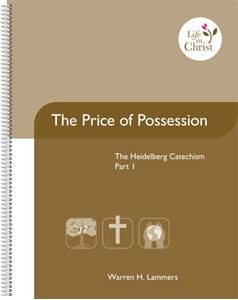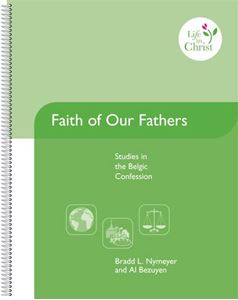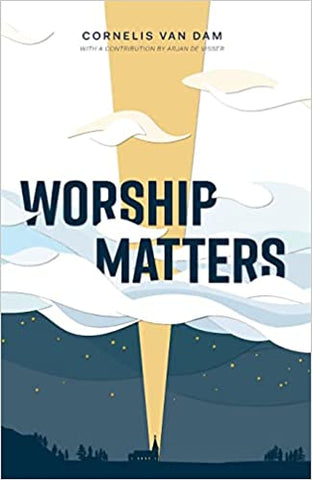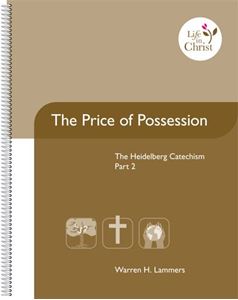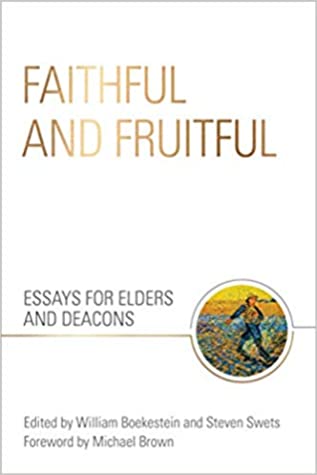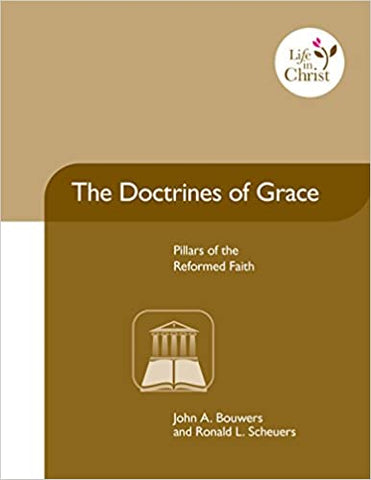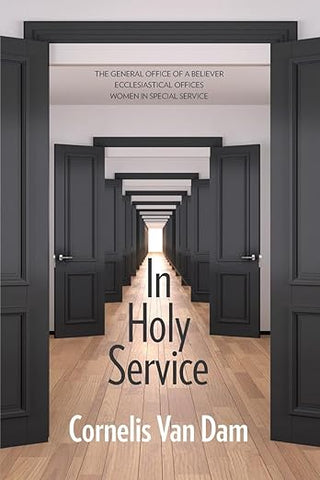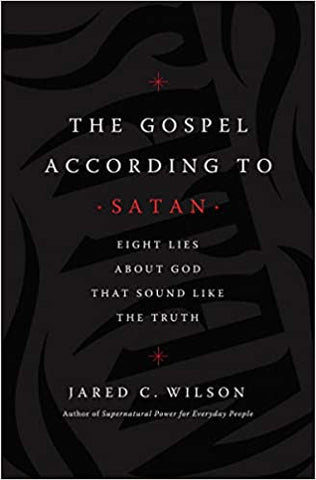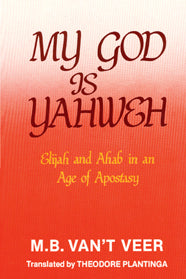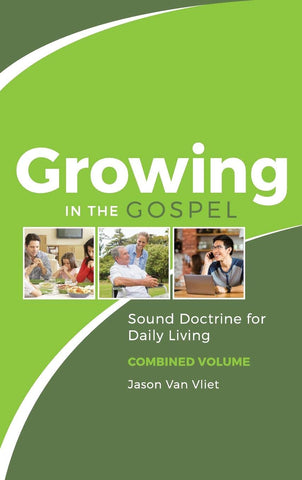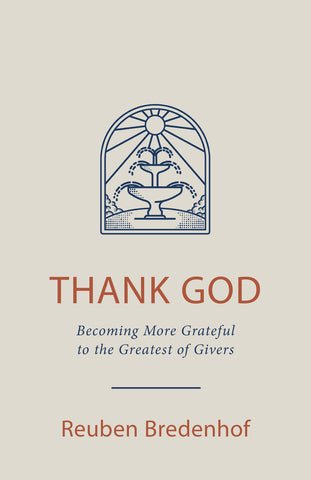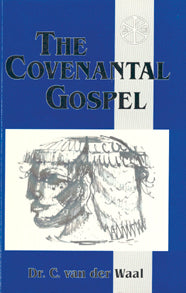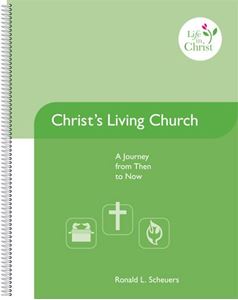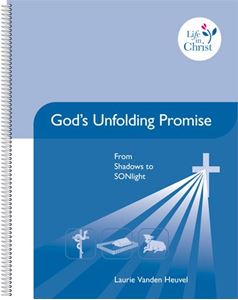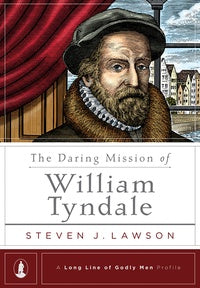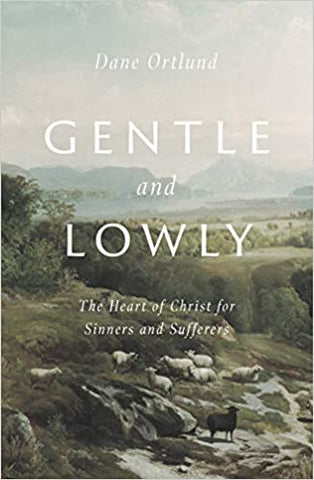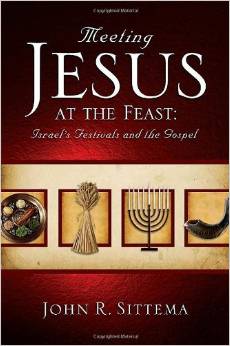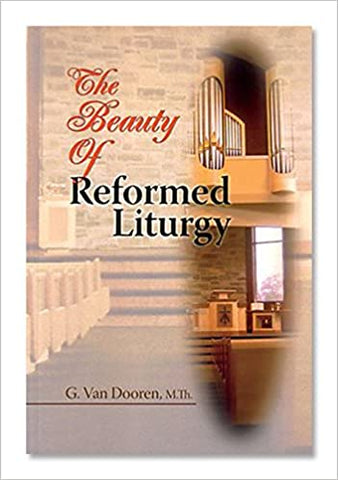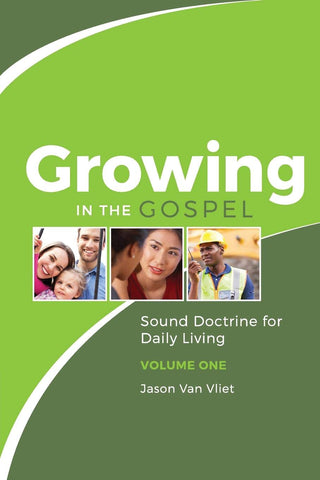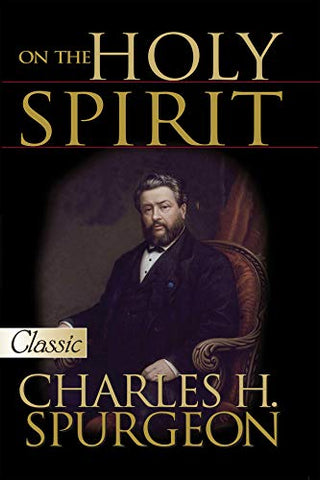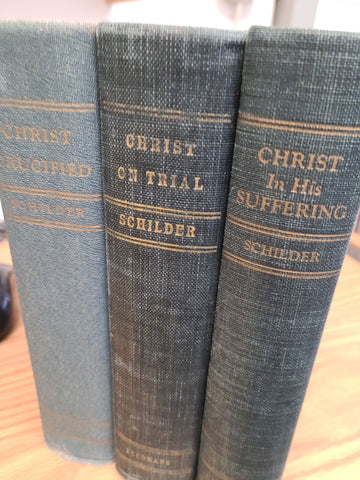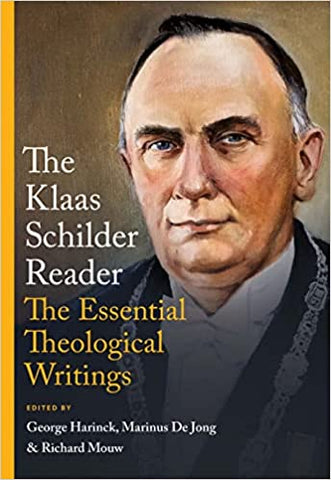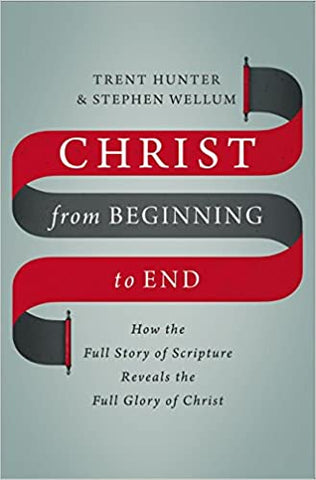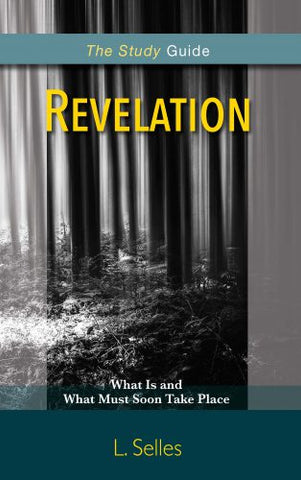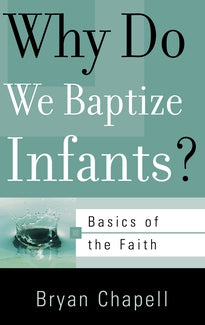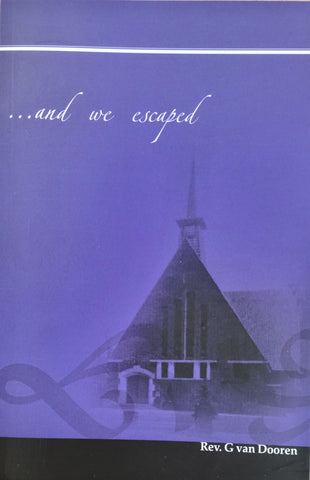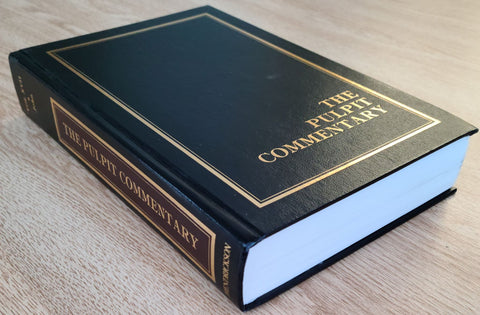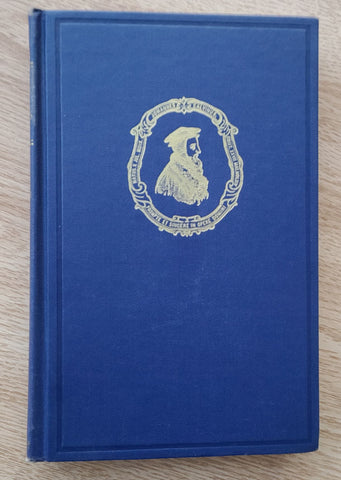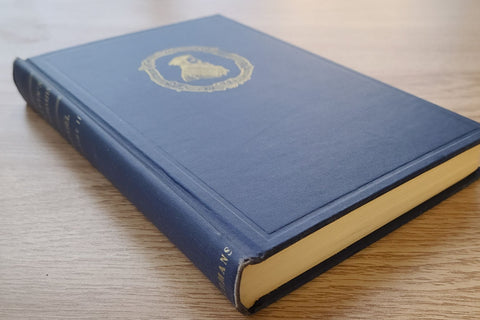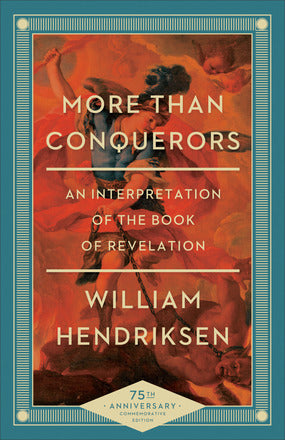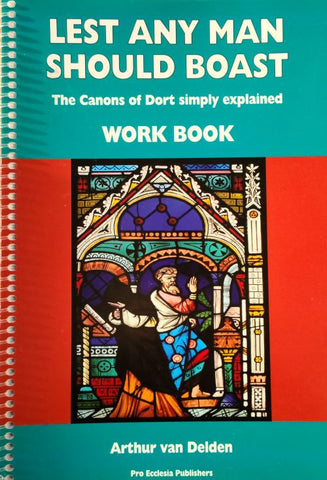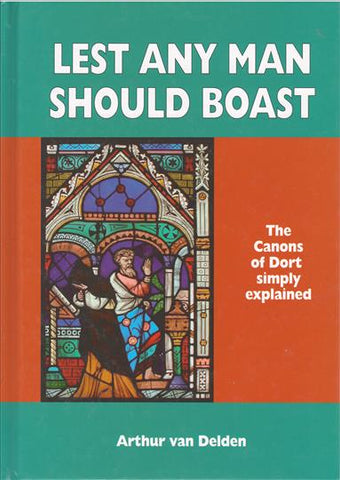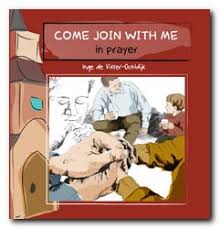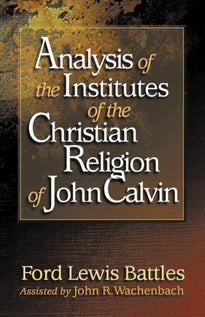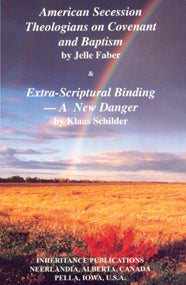Michel Foucault
Print Book
2 In Stock
Written by Christopher Watkin
Hugely influential, the work by Michel Foucault (1926–1984) has not only impacted a diverse range of disciplines—from history and sociology to fine arts, feminism, and gay and lesbian studies—but has also profoundly shaped Western culture at a street level.
Yet until now there has been no overarching systematic approach to his work from a Reformed perspective—let alone one that is as fair and accessible as Watkin’s. After walking us through key elements of Foucault’s thought, Watkin both critiques and answers Foucault through the Bible’s teaching on history, power, and identity. His insights are necessary reading for anyone who wants to engage thoughtfully with the ideas of our culture.
Endorsements
“If you’re not familiar with Michel Foucault, you should be. He is one of the most influential figures, if not the most influential figure, in contemporary Western culture. In this volume, Chris Watkin has accomplished what very few have even attempted. He walks us through the development of Foucault’s points of view with expert care and clarity. He also compares and contrasts these outlooks with the teachings of the New Testament in ways that challenge followers of Christ to look afresh at some of their most basic commitments. . . . I’ve been waiting for a volume like this for decades. It is essential for Christian scholars in every discipline.” —Richard L. Pratt Jr., President, Third Millennium Ministries
“Christopher Watkin’s Michel Foucault does us an enormous double favor. It briefly and carefully outlines the main features and developments of an important twentieth-century thinker, and it brings these into conversation with a Reformed, philosophically adept account of the Bible. Watkin manages to do all this without any ‘ventriloquizing,’ of either Foucault or Scripture. He allows readers to sympathetically feel the weight of Foucault’s concerns about such things as the telling of history, the limits of cultural vision, self-transformation, and, above all, power relations, before turning to an examination of the cross of Christ that simultaneously fulfills and critiques Foucault’s ambitious aims. If God is the absolute being whose definitive self-disclosure is the humble self-giving of Jesus Christ, then individuals and communities can find in Christ an objective, normative pattern of life that neither crushes the self nor dominates others. As I reached the end of this book, I was wishing that the great atheist philosopher himself could have read this friendly interaction with his thought.” —John Dickson, Author and Historian; Rector, St. Andrew’s Roseville; Founding Scholar, Centre for Public Christianity; Lecturer, Faculty of Arts and Social Sciences, University of Sydney
“Michel Foucault is undoubtedly one of the most significant voices in our times. The twin temptation when dealing with him is either to lionize him as a unique prophet who has unmasked the way in which we all abuse power, or to dismiss him as a Nietzschean voice against truth and divine revelation. In the capable hands of Chris Watkin, Foucault does emerge as a helpful guide to how we use and abuse power, yet one who in the end is deeply flawed. Christians may safely benefit from Foucault as a cobelligerent in several areas, including social criticism, while at the same time recognize the chasm between his approach and that of the Reformed Christian worldview. An absolute treasure of a book.” —William Edgar, Professor of Apologetics, Westminster Theological Seminary
“For a long time, I have had the conviction that Cornelius Van Til and the Reformed tradition provide a multitude of insights for Christians seeking to come to terms with twentieth-century philosophy. I believed that a response to certain key twentieth-century thinkers informed by Van Til’s insights was just what was needed. Christopher Watkin has engaged in such a task—first with his Jacques Derrida volume, and now this Michel Foucault volume in the Great Thinkers series. Professor Watkin has spent a lot of time studying key Continental philosophers (including Foucault), and he has a good understanding of Reformed thought. Watkin brings these two worlds together in a great book. I hope he keeps writing, and I look forward to other volumes in the Great Thinkers series.” —Bradley G. Green, Professor of Theological Studies, Union University
“Christopher Watkin has been a valuable and reliable expositor of modern and postmodern thinking. The present volume on Foucault only adds to the growing list of his accomplishments. Not only is this volume in the Great Thinkers series a stellar addition, but it is engagingly written with ample illustrations that substantiate Foucault’s position among the forefront of apologists for postmodernism. Many strengths of Watkin’s analysis stand out. He clearly demonstrates how postmodernist epistemology supplants modern thinkers Descartes, Kant, and Hegel. But he also draws comparisons and contrasts with those whom I call the earliest postmodernists, such as Nietzsche and Marx. He also shows why Foucault rejects the concept of worldview despite postmodern similarities with worldview thinking. Perhaps most valuable, as one would expect in this series, Watkin subjects both Foucault’s ideas and similar biblical topics to clear analysis. He labors might and main to be fair to Foucault while comparing and contrasting his ideas with and to biblical passages. In so doing, Watkin reveals a distinctly Reformed perspective. Most impressive to me is his analysis of Foucault’s distinction between autonomous and heteronomous transformation of the self. With helpful diagrams (which also appear throughout the text), Watkin shows how to avoid drawing a dichotomy between ‘autonomous self-transformation’ and ‘pseudo-autonomous self-transformation.’ Drawing on Pauline texts, Watkin proposes instead ‘cruciform identity’ and the Reformed perspective that retains both human responsibility (‘work out your own salvation with fear and trembling’) and God’s sovereignty (‘for it is God who works in you, both to will and to work for his good pleasure’). I highly recommend this text.” —W. Andrew Hoffecker, Emeritus Professor of Church History, Reformed Theological Seminary
“Few Christians are familiar with Foucault. Even fewer actually engage (rather than accept or dismiss) his influential theses. That makes Chris Watkin’s book essential reading. Sympathetically interpreting Foucault’s basic program, Watkin shows how a Christian interpretation of reality is not only true but more persuasive. I highly recommend it.” —Michael S. Horton, J. Gresham Machen Professor of Systematic Theology and Apologetics, Westminster Theological Seminary California
“Chris Watkin has written a remarkable book—remarkable for its brevity, concision, accuracy, insight. This short introduction to Michel Foucault sets Foucault in his philosophical and historical context, explains his main ideas and contributions, and shows what we can learn from him. Best of all for a Christian reader, Watkin assesses Foucault’s strengths and flaws in the light of Scripture. This is the place to start for readers who want to know more about this massively influential thinker.” —Peter J. Leithart, President, Theopolis Institute for Biblical, Liturgical, and Cultural Studies, Birmingham, Alabama
“Foucault’s thinking has seeped everywhere. This was brought home to me as I entered my son’s room during his first term as an undergraduate to find books by Foucault and about Foucault. He was studying geography. As with Watkin’s study on Derrida, the author is an expert guide in coming to grips with what Foucault was (and was not) saying about history, power, and identity. More importantly, he shows us how this hugely influential ‘story’ and social theory both connect to and are confronted by the Christian ‘story’ and social theory in its cruciform shape. We desperately need these analyses. The gospel is big enough, true enough, and good enough to take every thought captive for Christ, and Watkin’s work is showing us the way. Highly recommended.” —Dan Strange, Director, Oak Hill College
“Watkin has done it again! In less than a hundred and fifty pages of text, he has successfully laid out the core concerns—history, power, and identity—of one of the twentieth century’s leading postmodern presuppositionalists, Michel Foucault, and put them into constructive dialogue with the way that the apostle Paul treats these same three themes in the opening chapters of 1 Corinthians. This is a brilliant study of how the story, and wisdom, of the cross continues to confront, confound, and turn upside down the wisdom of this world.” —Kevin J. Vanhoozer, Research Professor of Systematic Theology, Trinity
Paperback, 226 pages



